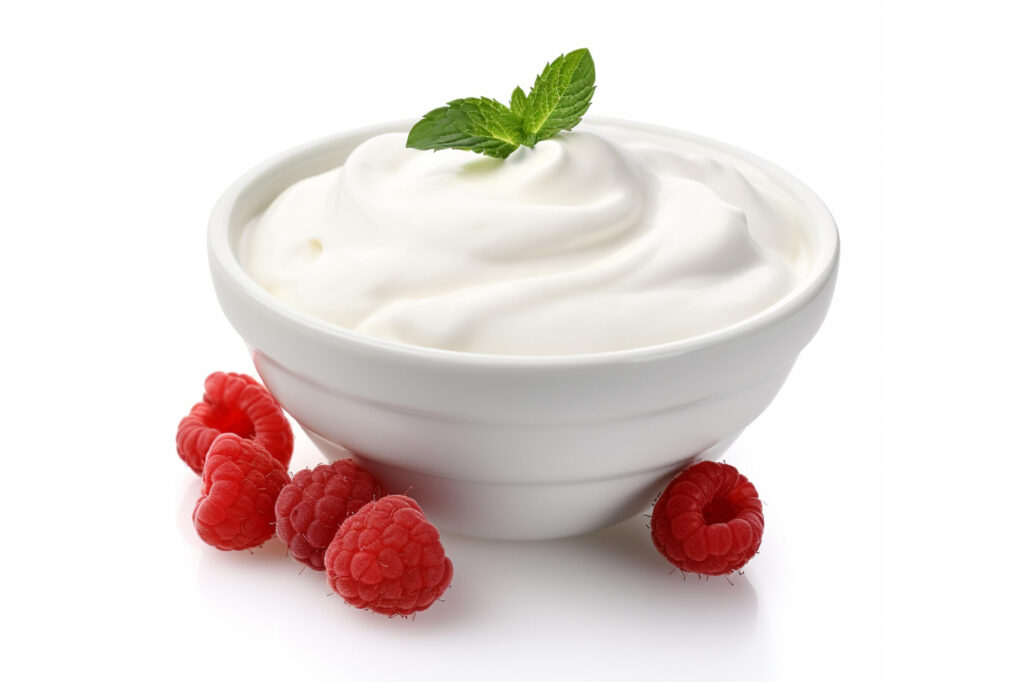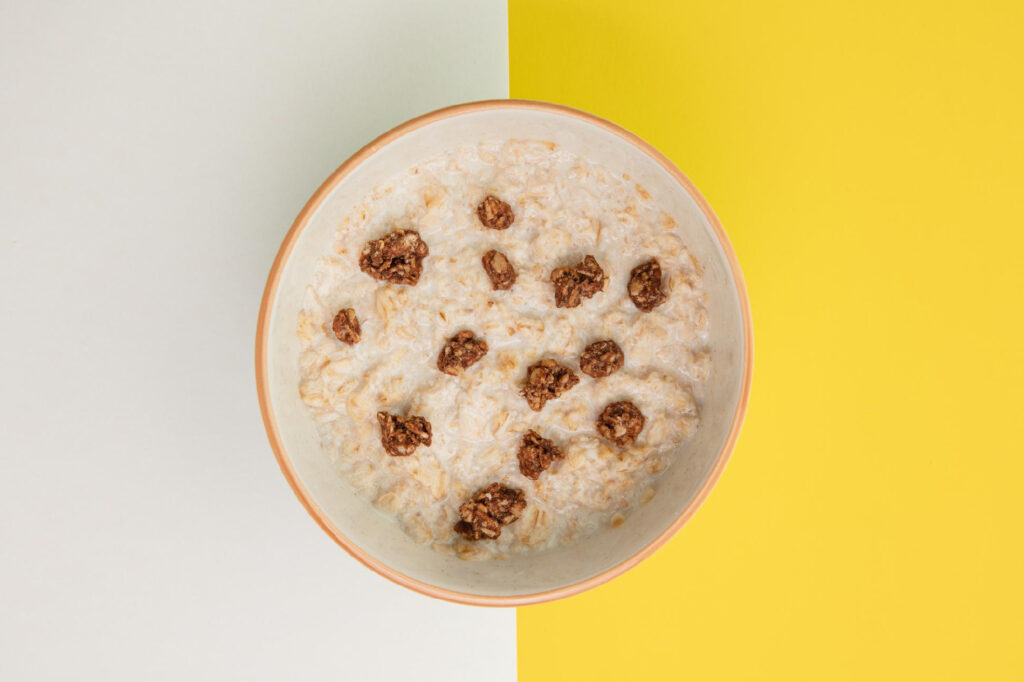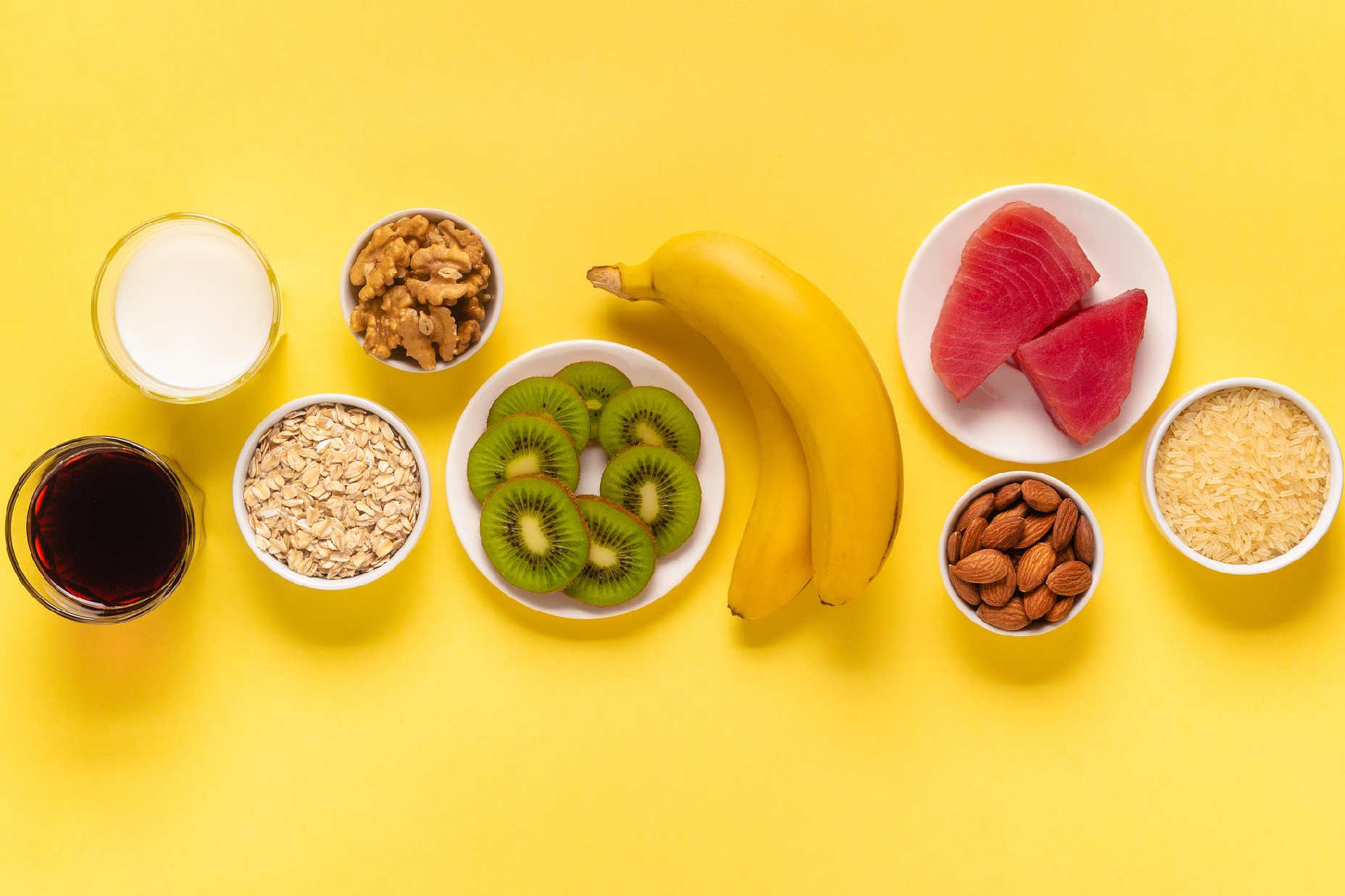As we are getting increasingly exposed and aware, the topic of gut health is really starting to gain some traction. So, if you too are in the pursuit of optimal gut health, you might have heard two terms frequently pop up, namely, prebiotics and probiotics. Both are hailed for their potential benefits, but what are they and why exactly are they so frequently talked about? How do they differ? Do they contrast each other? Or do they compliment each other? Well, let us find out all you need to know about them today! Both prebiotics and probiotics serve distinct roles in nurturing the gut microbiome. But understanding the differences between them is crucial for making informed choices about gut health. So, to begin with, let’s understand what they are first.
Probiotics: The Live Microbial Warriors in Your Gut!

First of all, please understand that probiotics aren’t products! They are the live microorganisms that confer health benefits when consumed in adequate amounts. The term probiotic is derived from the Latin preposition “pro” which means “for” and the Greek word “biotic” meaning “bios” or “life”. As you may be aware, our gut has nearly 100 Trillion microbes which weigh over 2.5 kilos. Among these are bacteria (good and bad), viruses, fungi, and archaea. So, probiotics are the beneficial bacteria that can be found in certain foods, supplements, and fermented products. Lactobacillus and Bifidobacterium are among the most well-known examples of probiotic strains, each offering distinct advantages for gut health. Following are some of the key benefits of Probiotics are that they:
- Support a balanced gut microbiome by nourishing and promoting beneficial bacteria
- Enhance digestion by helping breakdown food and promoting regular bowel movements
- Strengthen immunity by supporting the body’s natural defense mechanisms
- Improve nutrient absorption, especially minerals like calcium and magnesium
- Reduce the risk of digestive disorders such as diarrhea, IBS, and IBD
- Support intestinal barrier by preventing toxins from entering the bloodstream
- Help in reducing inflammation throughout the body
Aside from that, probiotics are also beneficial for mental health, skin conditions, and weight management because of their influence on gut-brain communication and metabolic processes. Probiotics are found in various fermented foods and supplements, but some of the richest natural sources are Yogurt, Kefir, Kimchi, Sauerkraut, Miso, Tempeh, Pickles, and Fermented dairy-free products (e.g., coconut yogurt). Now that we know enough about probiotics, let us check out what prebiotics are all about.
Prebiotics: The Food for Your Probiotics

Prebiotics are those non-digestible fibers that serve as fuel for the good bacteria residing in your gut. Unlike probiotics, which introduce live microorganisms into the gut, prebiotics provide the essential sustenance for the gut microbial community. These compounds pass through the digestive tract largely undigested until they reach the colon, where they undergo fermentation by gut bacteria. In simple terms, the fiber that you can’t digest becomes the food for the good bacteria in your stomach. Because of prebiotics, the good bacteria thrive, build colonies, and drive out the bad bacteria from your gut. Some most common prebiotics include inulin, fructooligosaccharides (FOS), galactooligosaccharides (GOS), and resistant starches. Some of key benefits of Prebiotics are:
- Enhancing Gut Microbiota Diversity: Prebiotics help in the growth of diverse bacterial species by fostering a balanced microbiome composition in your gut.
- Improving Digestive Health: By promoting the growth of beneficial bacteria, they contribute to regular bowel movements and help you get rid of digestive disorders and their symptoms.
- Strengthening Immune Function: A healthy gut microbiome supported by prebiotics aids in boosting your immune system. Hence, reducing susceptibility to infections and inflammatory conditions.
Aside from this, they essentially help with every benefit that probiotics provide, by promoting the growth of good bacteria. Prebiotics are naturally present in various fiber rich foods, including Chicory root, Jerusalem artichokes, Garlic, Onions, Leeks, Asparagus, Bananas, Oats, and Barley.
Choosing Between Prebiotics and Probiotics: Finding the Balance
Now, determining whether to intake more prebiotics or probiotics depends on the individual gut health goals and dietary preferences. But as a general rule, combining both prebiotics and probiotics can synergistically enhance gut health. How? By nourishing existing beneficial bacteria as well as continuously introducing new strains. So while probiotics will help you induce more and more live beneficial bacteria in your gut, prebiotics will help them thrive, thereby, creating a healthy ecosystem. This is what we all must aim for, but even though, they are both highly beneficial to gut, there are a few considerations you must take into account.
Some considerations for choosing Prebiotics are:
- Dietary Diversity: Incorporate a vast variety of prebiotic-rich foods to support a broad spectrum of gut bacteria.
- Gradual Introduction: Increase prebiotic intake gradually to minimize gastrointestinal discomfort, especially for individuals with sensitive digestive systems.
- Personalized Approach: Customize prebiotic consumption based on your personal tolerance and response, as certain prebiotic sources may trigger adverse reactions in some individuals.
Some considerations for choosing Probiotics are:
- Strain Specificity: Select probiotic strains backed by scientific evidence for addressing specific health concerns. For example, Lactobacillus rhamnosus GG for controlling diarrhea or Bifidobacterium longum for managing IBS symptoms.
- Viability and Quality: Make sure to pick trustworthy probiotic supplements that guarantee the bacteria will remain effective until the expiration date.
- Storage: Keep in mind that heat and moisture can make the bacteria less effective, so it’s essential to store them properly. It is usually recommended to store them between 2℃ and 8℃ for maximum efficiency.
- Timing and Duration: Introduce probiotics consistently and monitor their effects over time. If necessary, change the amount you take or try different types to get the best results for your gut health.
Conclusion
So, by now, you may have understood that it’s never probiotics vs probiotics, but always prebiotics and probiotics. They both play distinct yet complementary roles in nurturing gut health. Incorporating a diverse range of prebiotic-rich foods and selecting evidence-based probiotic strains can create an optimum and healthy ecosystem within your gut. So, next time you get confused between the two, just remember that probiotics directly insert good bacteria in your gut, whereas prebiotics serve as their food and help them thrive!
REFERENCES
1. News Med – https://www.news-medical.net/health/What-are-Probiotics.aspx
3. NIH – https://www.ncbi.nlm.nih.gov/pmc/articles/PMC4988227/
4. WebMD – https://www.webmd.com/digestive-disorders/what-are-probiotics
5. Cleveland Clinic – https://health.clevelandclinic.org/what-are-prebiotics
6. Harvard Health – https://www.health.harvard.edu/staying-healthy/can-gut-bacteria-improve-your-health#:~:text=About%20100%20trillion%20bacteria%2C%20both,disease%20to%20arthritis%20to%20cancer.
FAQ’s
Q. Is it better to take prebiotics or probiotics?
A. Both prebiotics and probiotics offer unique and complimenting benefits. Incorporating both into your diet can optimize gut health by nourishing beneficial bacteria and introducing live microorganisms.
Q. Is Yakult a probiotic or prebiotic?
A. Yakult is a probiotic drink containing live bacteria, specifically Lactobacillus casei Shirota, which supports gut health by replenishing beneficial microbes in the digestive system.
Q. Is yogurt a probiotic or prebiotic?
A. Yogurt is a probiotic food containing live bacteria, such as Lactobacillus bulgaricus and Streptococcus thermophilus, which contribute to gut health by replenishing beneficial microbes. It is not a prebiotic but can be paired with prebiotic foods for enhanced benefits.
Q. Who needs probiotics and who need prebiotic?
A. In short everyone needs and unknowingly consumes both. But to dive deeper, probiotics are beneficial for individuals seeking to maintain a healthy gut microbiome, especially those experiencing digestive issues or taking antibiotics. While prebiotics are beneficial for anyone looking to support gut health by providing nourishment for beneficial bacteria. Those with imbalanced gut flora, digestive disorders, or seeking to enhance nutrient absorption can benefit from incorporating prebiotics into their diet.
Q. How to take prebiotics?
A. There is no defined process for it. Just incorporate prebiotic-rich foods into your diet, such as onions, garlic, bananas, oats, asparagus, and chicory root, to provide nourishment for beneficial gut bacteria and support digestive health.
Q. How to take probiotics?
A. Again, there is no defined process for taking natural probiotic products. However, for supplements, please follow the given steps:
- Select a reputable probiotic supplement with guaranteed potency.
- Follow dosage instructions on the label.
- Consistently incorporate probiotics into your routine, preferably with meals.
- Monitor effects on gut health over time.
- Adjust dosage or strains if necessary to optimize digestive well-being.




